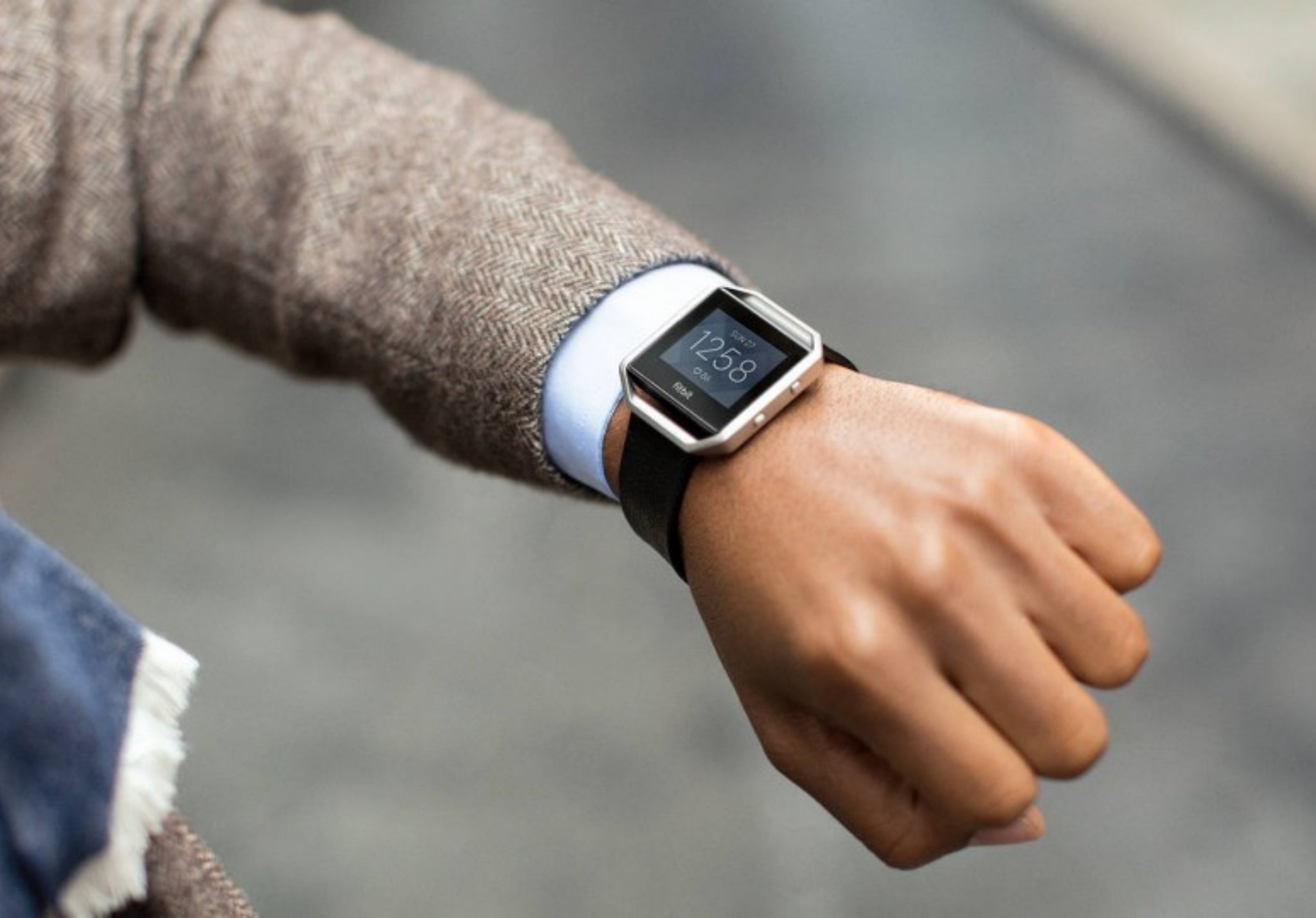
Fasting is an extended period of time without eating food, thus it makes sense that ‘not eating’ would help us all lose weight. However; there is more to simply not eating, which in turn makes you lighter. There are all sorts of fasting methods and in this blog, we examine one of the more popular and effective fasts, the overnight fast.
Unless you are a sleepwalker, most people don’t eat when they go to bed and in fact ‘fast’ all night. They then wake up and break the fast with breakfast (hence the name), so this is a great opportunity to extend your normal, 10 hours overnight fasting because most of the time you will be sleeping. One tip is to have an early dinner if your job allows at say 5 pm.
OK, if at this time you are on your way home, try having dinner before you leave work. Yes, it is eating dinner early, but eating at this time will give you more time to hit the gym, to do the evening chores or, just relax at home. It will take some prep, but make sure this meal is rich in protein and hearty foods, like chicken and veggies heated up at work at 4 pm. Even doing this will ensure you fast for around 14 hours assuming you have breakfast at 6 am tomorrow morning.
When you can’t make it work to a schedule
If this is not appropriate due to work commitments, you could try not to eat breakfast until morning tea, while having dinner at 7 pm. If you achieve 12-16 hours of fasting, it can greatly enhance fat loss, as well as a host of other health benefits, such as reducing inflammation and improving cholesterol levels.
If you decide to fast for an extended period of time, and you have good reason to do so if you are trying to lose weight, ensure you eat a moderately high protein diet, with reduced carbohydrate intake. By doing this, you will help to preserve your precious muscle mass, while burning fat. Of course, like all weight loss programs, ensure you exercise, preferably in the morning before you have eaten to again maximise your fat burning goals.
Disclaimer: The above article is merely a guide and is in no way a recommendation or a treatment protocol for any health conditions or diseases. You should always consult with a qualified health care provider before changing your supplement, training or nutritional strategy. Supplementation should not be attempted by pregnant or breastfeeding women, anyone on prescription medication or children under the age of 15 unless advised by your qualified health care provider.




